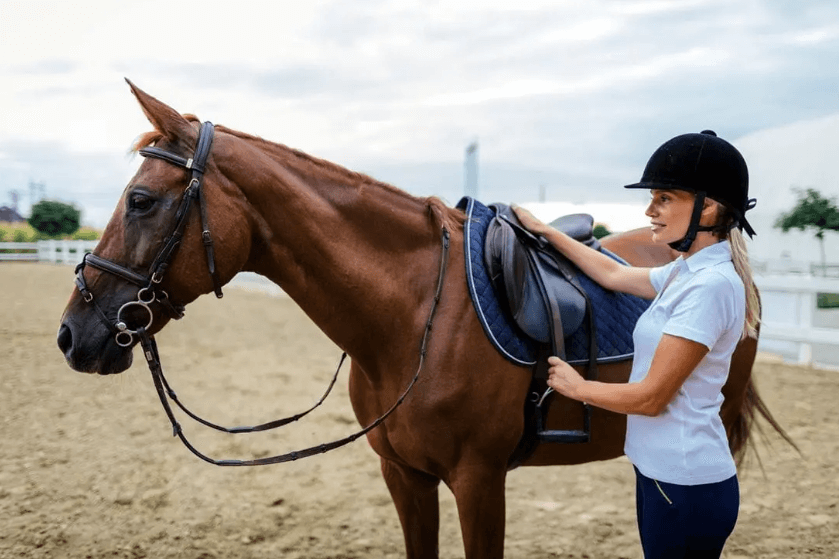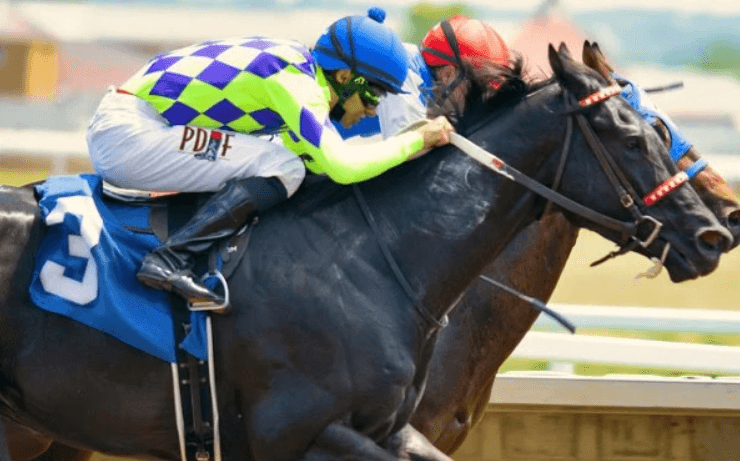The Science of Training a Racehorse: Nutrition, Exercise, and Care
The training of a racehorse encompasses a complex framework of nutrition, exercise, and care. Understanding the nuances of equine nutrition is critical for optimizing performance. Tailored exercise regimens contribute significantly to a horse’s physical capabilities. Additionally, daily care practices play a pivotal role in maintaining overall health. Each of these elements interconnects, raising questions about their collective impact on a racehorse’s success on the track. What strategies can trainers employ to maximize this potential?
Understanding Equine Nutrition: Fueling Performance
When considering the performance of racehorses, understanding equine nutrition is paramount, as it directly influences their physical capabilities and overall health.
Nutrient timing is essential; strategically delivering energy sources around training sessions can enhance performance.
Additionally, high forage quality ensures digestive health and provides necessary vitamins and minerals.
Together, these factors create a robust foundation for optimal racehorse conditioning and resilience.
See also: The Science of Horse Racing: How Horses Are Trained for Speed
Tailored Exercise Regimens: Building Strength and Stamina
A well-structured exercise regimen is vital for the development of racehorses, as it directly impacts both their strength and stamina.
Trainers conduct regular strength assessments and stamina evaluations to customize workouts that enhance performance.
These tailored regimens incorporate varied exercises, including interval training and hill work, fostering optimal muscle development and endurance.
Such precision in training ensures racehorses achieve their full athletic potential.
Daily Care Practices: Ensuring Health and Well-being
While the rigorous training regimens are essential for enhancing a racehorse’s athletic capabilities, daily care practices play a crucial role in maintaining their overall health and well-being.
Consistent grooming routines not only promote a healthy coat but also strengthen the bond between horse and handler.
Additionally, regular health monitoring ensures early detection of potential issues, safeguarding the racehorse’s vitality and performance longevity.
The Role of Training Techniques: Enhancing Skills and Speed
Training techniques significantly influence the development of a racehorse’s skills and speed, as they are designed to enhance both physical and mental attributes essential for competitive performance.
Effective training strategies, such as interval workouts and strength conditioning, contribute to performance enhancement by improving endurance and agility.
Careful implementation of these techniques ensures that each horse maximizes its potential, fostering a competitive spirit and resilience.
Conclusion
In conclusion, the meticulous integration of nutrition, exercise, and care is paramount in training a racehorse to achieve peak performance. Remarkably, studies indicate that a well-balanced diet can improve race times by up to 10%. This underscores the critical role of nutrition in a horse’s overall training regimen. By adopting a comprehensive approach that encompasses tailored exercise and consistent care, trainers not only enhance speed and stamina but also foster the long-term health and resilience of their equine athletes.




